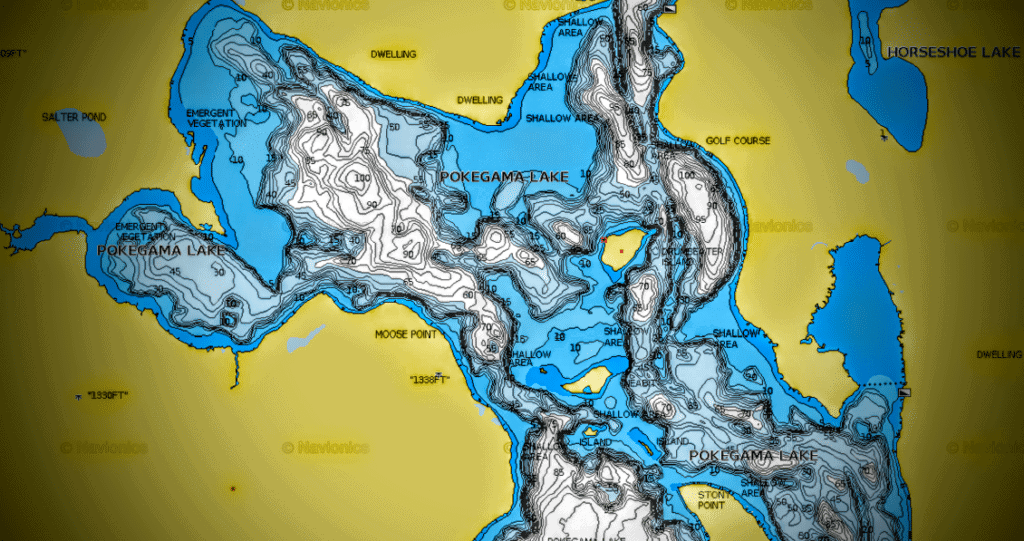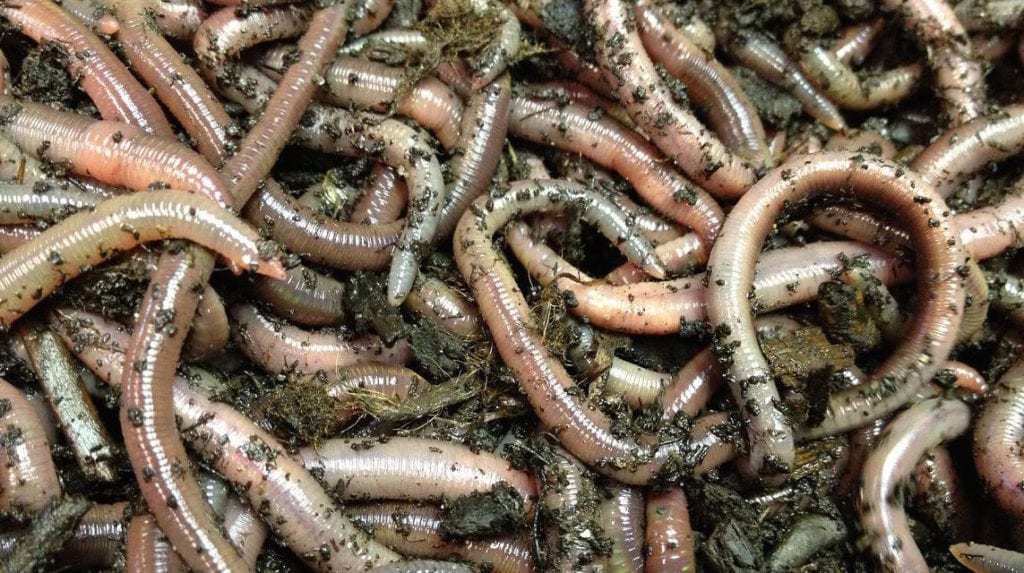
by Greg Bohn
If you think your rock bar is hot during the day,wait until the sun
goes down. Many walleyes put feeding on hold until nightfall. Don't miss
the bite after dark. It can be unbelievable!
There's nothing more exciting than watching a Lindy Nite Brite
lighted float dipping underwater near the boat. You know there might be a
big walleye on the hook. If that doesn't get your attention, check for a
pulse.
I live in heaven when it comes to the night bite. My area of northern
Wisconsin literally offers thousands of lakes that turn on hone the sun
goes down.
Still, some anglers consider night fishing a hassle. I agree it's a
different world out there after dark and it does have it's moments.
Swatting mosquitoes and big June bugs or watching bats swoop down and
hit your lighted bobber are things that happen. But, I assure you,
late-night walleyes will make it worthwhile.

The Best Lakes for Night Walleyes
Not all lakes are active night lakes. Shallow lakes that contain
darker water are typically more active during the day. Why target lakes
that have a good daytime bite anyway? They will probably have no action
after dark. Instead, fish lakes that have a reputation for having a
tough daytime bite. It's automatic that'll sport a walleye night life.
The big, deep, clear lakes generally prove best after dark.
Many night-lake favorites have several things in common. They are
typically gin-clear, have deep water rock structures and big walleyes.
They also have suspended daytime walleye, lots of cisco and whitefish, a
few weeds and deep rock bars. The walleyes we catch at night never get
close to a lure during the day.

When and Where?
There's really no best time of year for the night bite. Walleyes bite
after dark from the walleye opener to ice up. Lakes that offer a night
bite always have a night bite. But, my favorite time to light up is the
summer period of June through September when I have a chance to
experience pleasant weather, beautiful sunsets, stars and the Northern
Lights (Aurora Borealis) overhead.
Target hard bottom humps and bars that top off in 10- to 25 feet.
Walleyes inactive during the day know exactly which bars offer food.
These bars can go from having no action before the sun sets to being
super hot after the sun goes down. Walleyes seem to suddenly appear from
everywhere.

The Strategy
Night fishing is not like daytime fishing when you run from spot to
spot. There's not enough time after dark. You'll miss what I call the
night surge. When the best action comes, the last thing you want to be
doing is wasting valuable time looking for spots to fish. Have the first
spot and two alternatives picked out before you reach the lake. If the
first spot fails shortly after dark, move to the second. If you need to
try the third, the night is over. Go to bed.
My fishing strategy is to arrive well before dusk, select three
quality rock bars and locate the crown, the highest point, of each bar.
That way, I know how deep to set my rigs at each spot. The sweet spots
can be hard to find sometimes. Doing it before dark makes it easier.
Don't be afraid to put a marker or two out for reference later. No one
will bother them. They're home watching the tube.
If the wind is blowing, I also take time to map my best anchoring
locations. Arrive early on the first spot, anchor and have the rigs out
when the sun begins to set. Your baits should be in place waiting for
the night surge to happen.
The night surge varies each night. Sometimes, feed periods are short.
Sometimes, they are prolonged. In my dreams, the ultimate night slip
bobbing would feature a cloudy sky, which usually translates to more
active walleyes but for a shorter period of time.
The wind direction, moon phase and barometric pressure are all
factors. When moon rises, you can actually feel a change in pressure and
see the wind swirling to create a chop. Walleyes feed recklessly for a
few minutes. It's a golden opportunity for big fish.
I love when the late evening hop extending into nightfall. That prolongs the bite. Any wind is better than no wind at all.
If you get hits before dark, that's a great sign. Settle in. You won't be going anywhere.
Set rigs 3 to 7 feet off the bottom. The walleyes that were suspended
during the day move over the tops of the bars, but they don't hug the
bottom. If you fish too deep, you can miss the biggest fish. They are
more likely to come up to hit something anyway. By setting rigs higher
in the first place, you've already increased your odds.
When a bobber goes under, watch the bobber light's direction of
travel. Is it going deeper, shallower or is it staying the same as the
walleye moves off? That can be a hint on how to fine tune the depth. Big
walleye travel slowly.

Bait Choice
All live bait works at night. But, one of the highlights of night
fishing is that panfish are no where around. Whole nightcrawlers can be
used without being pestered. My top night producer is a Thill Nite Brite
float rigged with a 1/16 ox. Mr Slip Bobber Jig Bug tipped with a whole
nightcrawler. That makes a big target. Jumbo leeches and big chubs also
catch nighttime fish, but there's just something about the whole
'crawler after dark.
Do glow jigs and glow hooks work after dark? Simple answer. Yes.
Dialing in Your Approach
Keep track of productive spots. With experience, you become so
intimate with the details of each spot you'll know where you are going,
where you will anchor and how deep to set your rigs before you get
there. I'm already set to go to particular GPS locations before my boat
leaves the garage. I may have to do some fine tuning on the water, but
I'm basically ready to fish spots before I arrive. You'd be surprised
how many times I have a walleye on before I get the second bobber rig in
place.
If one of the rods seems especially hot one night, mark the handle
with a rubber band. Next day, adjust other rods to match the hot rod's
depth. You'll be prepared when you go back to the spot again.







